Do Bea Arthur and Cyndi Lauper have something in common? Could artist and art be unified in cause? Did Bea Arthur inspire me and change me in my 50’s? Yes.
The Golden Girls is a rare and special gem in entertainment. A television sitcom that premiered in 1985 captured the hearts of the Silent Generation, Boomers and Gen X when it originally aired. It has continued to find life breathed into it as pop culture icons for Millennials and Gen Z. Unlike special traditions like Japanese mothers passing their copy of Anne of Green Gables to their daughters generation after generation, this has been organic discovery as opposed to a torch passed. Each generation sees something different in Golden Girls, but the love is strong.
The show features compelling characters and speaks to important topics that are still relevant today. Medical care, aging, sexual harassment and rape culture, racism, immigration, grief, addiction, AIDS, and LGBTQIA+ issues to name a few. In the 80’s, no comedy or drama was talking about these topics with the same level of boldness or sensitivity. And the main characters were four middle aged and senior citizen women living together.
One of the Characters was Dorothy Zbornak, a divorced mother and substitute teacher, played brilliantly by actor Bea Arthur. Bea Arthur’s distinguished career was recognized with 2 Emmys and a Tony Award. But more than a decade before she was trailblazing these important topics on The Golden Girls, she played a character named Maude who blazed the same trails fearlessly.
Many actors play roles that inspire, but their real life is nothing like the characters. With Bea Arthur, she fought for the issues Maude and Dorothy did all the way to her death from lung cancer in 2009.
Maude
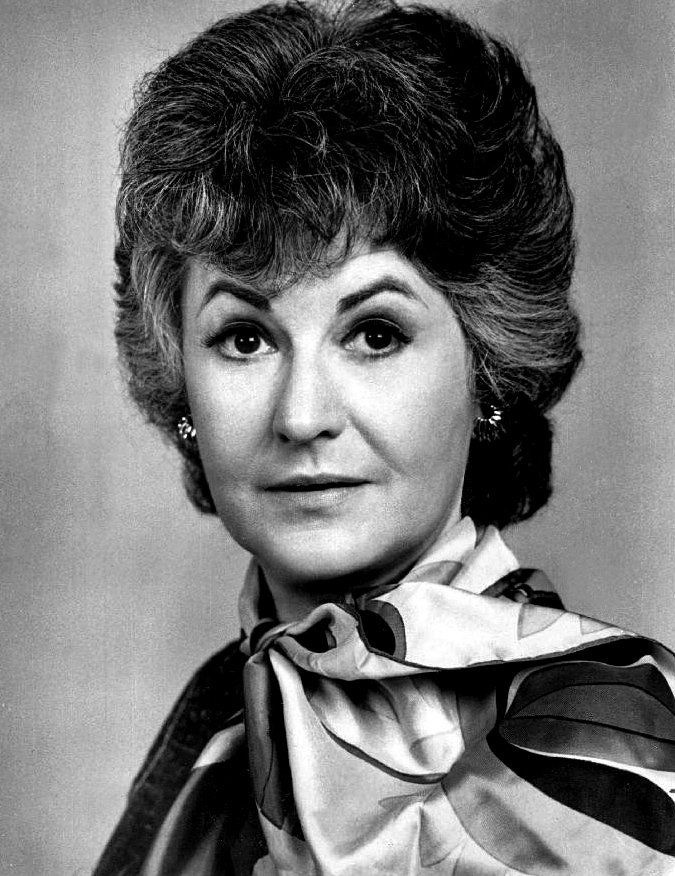
The character of Maude started in All in the Family. She was Edith’s favorite cousin on her fourth marriage. When she would visit her outspoken liberal feminism and fearless nature was a foil for Archie Bunker’s conservative racist rants. In 1972 the character, and her husband, would get a spin off that ran for six years.
In Maude many topics were covered. Timely topics of the day like the Vietnam War and Watergate, and timeless issues like mental health, menopause, sexual dysfunction, women’s equality, and inclusion. There was even an episode where Maude and her husband grapples with meeting a man who had molested her when she was a teenager. But three episodes that were critical was a two part episode on abortion and an episode featuring a gay bar.
In the two part episode Maude finds out, in middle age, that she is pregnant. This is a pre Roe V Wade world Maude and her husband come to a hard and emotional decision as a loving couple. In their age and place in life, this is something that is not viable. In an emotional turn of events, they decide to have an abortion. Her husband stands with her through the process of what for them was a hard decision.
This episode changed a national conversation. Momentum for abortion rights grew as people saw the humanity behind the issue and the importance for women to have this option available. We also got to see a model of how a man can lovingly respect the choices of women. By the time Roe V Wade became the uncodified law of the land, public opinion was in favor of abortion rights and Maude was in the center of it.
In season six a gay bar opens near Maude and her husband wants it shut down and is willing to do whatever it takes to get it closed down. Maude is having none of it and the episode is her challenging her husband, Arthur, to stop and just let people live their lives. At one point he asks her what she thinks. Her response is simple. “Arthur, it doesn’t matter whether I approve or disapprove. They are human beings; they exist.” Later Arthur tells her that there are laws and laws need to be upheld (this is a time where gay marriage was not legal and being queer was illegal in many states). Maude told him, “Oh, come on, you don’t care anything about the law. You just want to persecute people whom you think are different than you are.”
In this episode there was no coding used like Miami Vice had to use in the 80’s. However, in reruns throughout the 80’s all references to the words gay or homosexual were edited from the episode. The edited episode basically has Arthur being mad about a bar opening near him where men look at pictures of Al Pacino…which makes no sense. While Golden Girls was blazing new trails and saying the words, this critical episode of Maude was being stuffed into the closet.
Dorothy in the Golden Girls
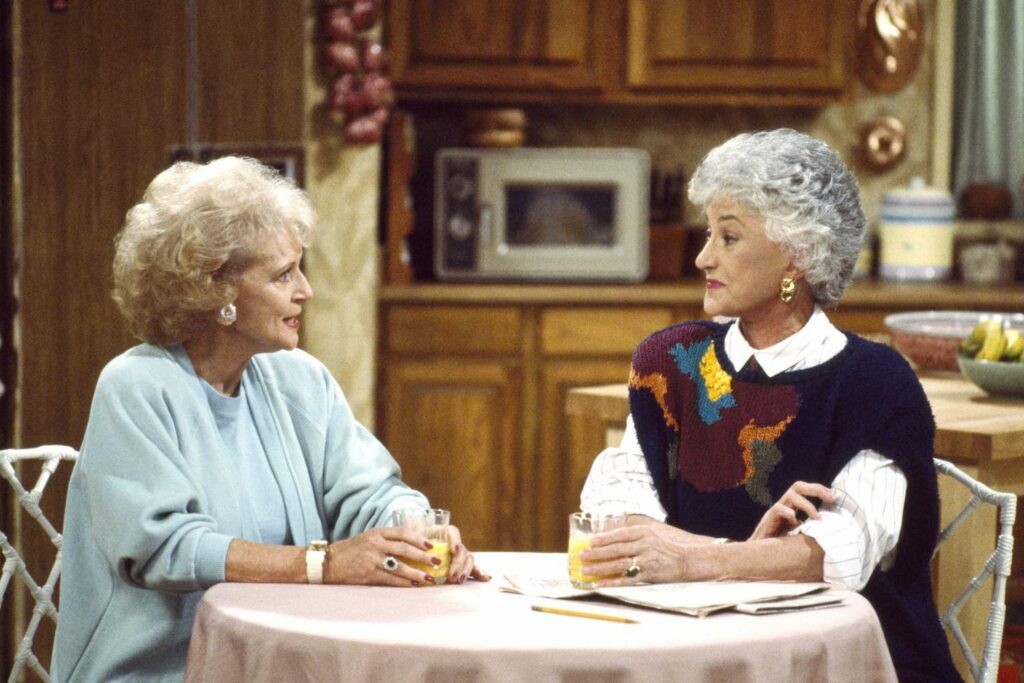
Dorothy, like Maude, is a strong liberal woman. But this character is more vulnerable. She has deep emotional wounds from her ex husband’s affair, has phobias, and a gambling addiction she struggles with.
When one of the other women is in a toxic relationship Dorothy confronts her. When she is told that the man does not hit her friend, she tells her about the insidious nature of verbal and emotional abuse and manipulation. Dorothy also helps an adult student who is an undocumented immigrant as best she can with compassion in a broken system. But there is also room for Dorothy to grow. When her son marries an older woman, Dorothy has to come to terms that this is her son’s life and love. Dorothy also develops a friend who is toxic and manipulative. Despite the warnings of her housemates, she does not see it until antisemitic racism comes into play by her friend.
There is one issue that Dorothy gets right every time. Queer inclusivity.
In one episode a dear friend of hers who was a lesbian, finds herself widowed from her partner/wife who passed away. Dorothy’s love for her friend is about grief and she serves as the magnetic north in the moral compass of the other women in the house.
Throughout the show’s run Dorothy speaks of her brother Phil who is non binary, unfortunately written as a cross dresser since terminology of genderqueer was newly used and non binary would not come into play until 2000. She never speaks of Phil with embarrassment or shame. This is her brother, her family. This is who Phil is as a matter of fact. This leads us into one of the more poignant episodes no one was discussing that the time. Being transgender.
In an episode a local Florida councilman was running for re-election. There were rumors that he was having a torrid affair with one of the Golden Girls, Blanche. Blanche tells him to deny the untrue rumors. When he does, he also admits that he is a transgender man. Dorothy is upset. But she is not upset that he is transgender. She is upset he is dropping out of the race after his revelation. A few significant points this episode does right is that the actor who plays the trans male is man as opposed to the Hollywood trope of a man in a dress or woman in a suit. Today we are seeing more trans and non binary actors playing roles, but this was a step closer to the right direction. The other major step in the right direction is Bette White’s reaction. Bette White’s character in the show does not understand what transgender or gender reassingment surgery is, but she never once misgenders the trans character.
In these situations and other episodes, queer people were never the punchline or a caricature. They were human beings deserving of dignity and more rights than they had and we got to see 4 straight women discuss, support, and affirm these human beings.
Bea Arthur
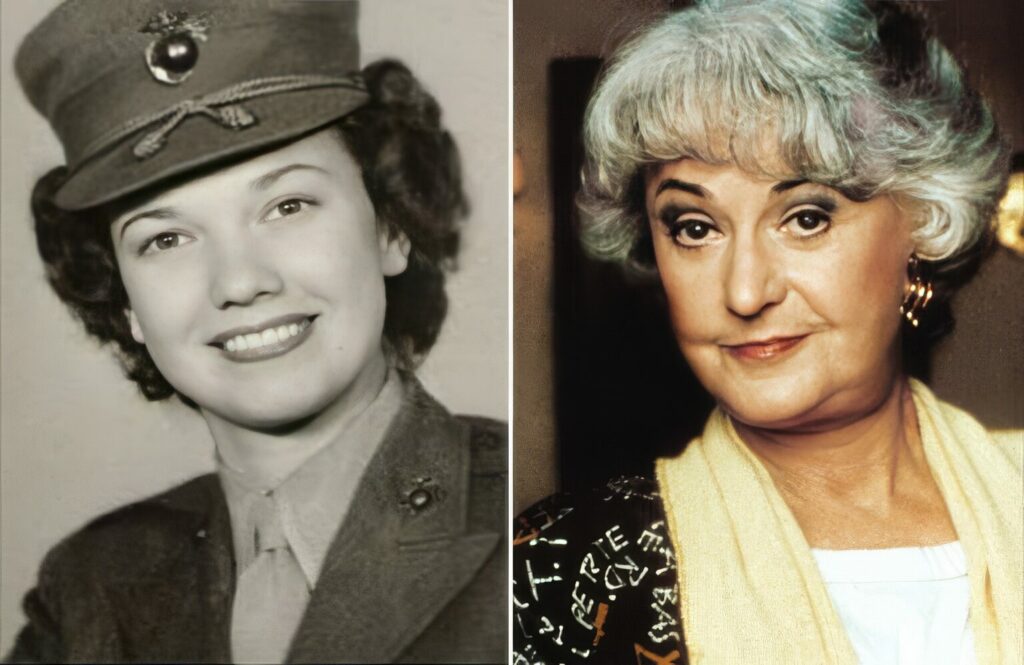
Like her characters, she was fighting the fight as a strong woman for all women and queer people. Like Yvonne Craig she was on the frontlines of fighting for equal pay for women. Her tireless efforts made it possible for women in Hollywood and main street to fight for better pay. Her advocacy also lent a voice and sizable contributions towards senior and elderly care issues protecting the dignity and rights of an aging population with few advocates. Then there is her legacy in queer rights.
In 2005, in her 80’s, Bea Arthur heard a cry for help in the night. The Ali Foley Center in NYC was a shelter for homeless queer youth. Bea was secretly struggling a losing battle with lung cancer but agreed to reprise her award winning one woman show as a fund raiser. She had said about the event, “These kids at the Ali Forney Center are literally dumped by their families because of the fact that they are lesbian, gay or transgender — this organization really is saving lives.”
In one night they raised $40,000. But Bea was not done. She lent her voice and her networking connections to create more support for the center. By the time she died a scant 3 years later, she made one final gesture and bequeathed hundreds of thousands of dollars. Today, because of her dying efforts, the center has 12 housing sites and 24/7 drop-in center we are able to provide for over 1,000 youths per year doing the same important work Cyndi Lauper’s True Colors Foundation does.
Perspective Shift
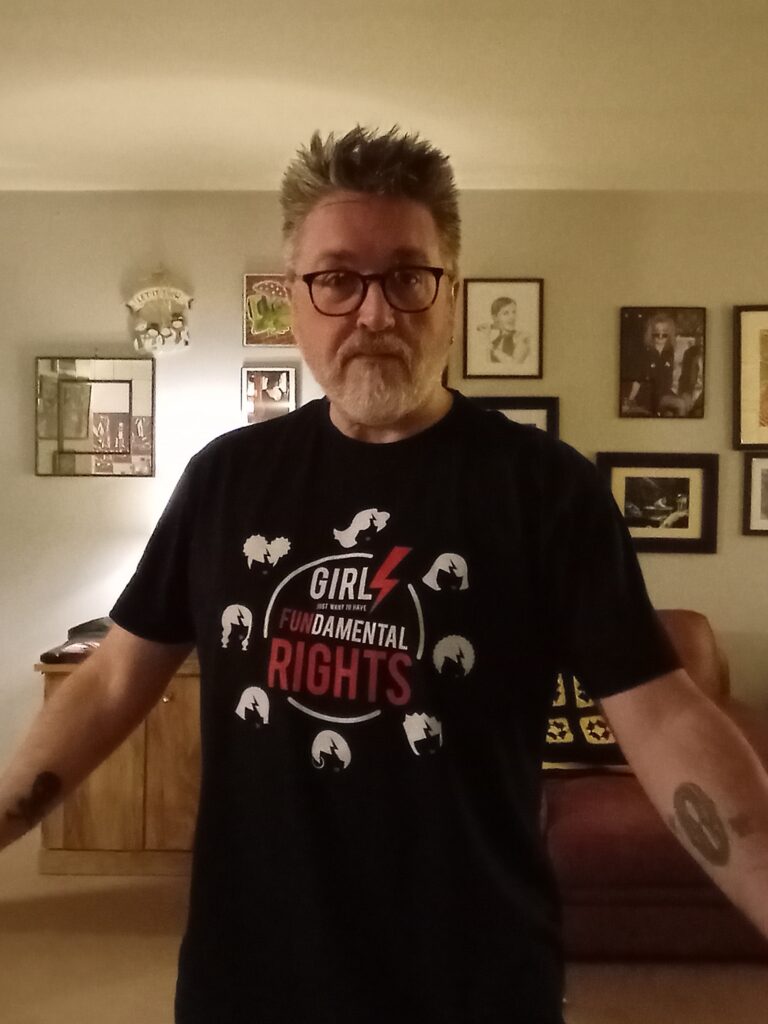
I don’t have a story about someone I knew in the 80s that was a fan of Bea Arthur who inspired me. But many of my child’s young adult Gen Z friends absolutely love The Golden Girls. I started rewatching it for the first time since I was a teenager. It further shifted my views on women.
The first shift is a recalibration of what is sexy and what is attractive. The four women in the Golden Girls? I can honestly say they are sexier than the cast of Sex in the City in any season or movie. There is no anti aging beauty myth bullshit going on. The Golden Girls cast did not cater to patriarchal beauty standards to be healthy sexually active women. This is a real sexuality that begins in the mind and the heart. Not only are we not supermodels hitting the gym 3 hours a day, we are also human beings with desires of the heart and sensual desires.
Bea Arthur since the 1970s showed us that powerful women that are equal are sexual and desirable. In middle age I find her, frankly, to be exotic and stunning. Her unapologetic individualism, outspoken nature, sense of fashion, all of it. When you know you are attractive you do not need the validation and it just makes someone even more attractive. Strength of character and conviction and the desire to have discussions with teeth as opposed to fitting the misogynistic standard of demure and complicit. That strength of character is intimidating to the alpha, but it something that is wondrous.
In the beauty lie and the image empire fitness, thinness, perkiness, and youth are what is sexy. And who sets that standard? Women? No.
Who defies that standard? Bea Fucking Arthur does.
What else did she change my views on? While I have respected women as equals for a long time now. I learned that there is a role in support of women who express a voice in a world where that is not welcome. I know so many women who were outspoken when I was a teenager and young man. Patriarchy doused some of their flames and they have become something less. They are docile and have capitulated to the expectations placed on them. This is not because they are weak, it is because there is only so much conditioning and gaslighting and abuse you can take. Bea Arthur’s character Maude had Arthur always believing in her vocally. In the Golden Girls, Dorothy had friends in her corner. Real life? She had a small circle of friends who stood with her.
When I meet young women who are outspoken, assertive, and fighting the fight, I affirm them. At work I do this with a young woman who is 24. Sometimes I lean on her for work related matters and make sure she knows my desire for her input and perspective is important. I have done this a lot with other younger female coworkers and associates the last 2 years since the Bea Arthur perspective shift took hold.
You want to see a young woman turn into a bad ass? The fuel of a middle aged man who respects her authority, expertise, insight, and voice will amp a person up. And the women my age who’s light is flickering. If I see a spark ignite, I try to give whatever kindling I can by listening, believing, and supporting and the hopes that a raging inferno starts.
Ally is not just speaking out in the locker room. It is also giving validation to the voice when it is expressed. Sometimes those voices shake and they are scared. Listen to their voice, acknowlege it, amplify it, and celebrate it.
Thank you for being a friend, Bea Arthur. You made me a better friend to others and I am grateful.
Make Fem Friday Yours!
Is there a pop culture icon you want us to (dis)cover for Fem Friday, let us know in the comments. Are you a woman or friend beyond the binary that wants to write a Fem Friday? Let us know in the comments! We want to hear from you!
Support Gen X Watch!
We rely on readers like you to continue our work. A few moments and you can make a difference:
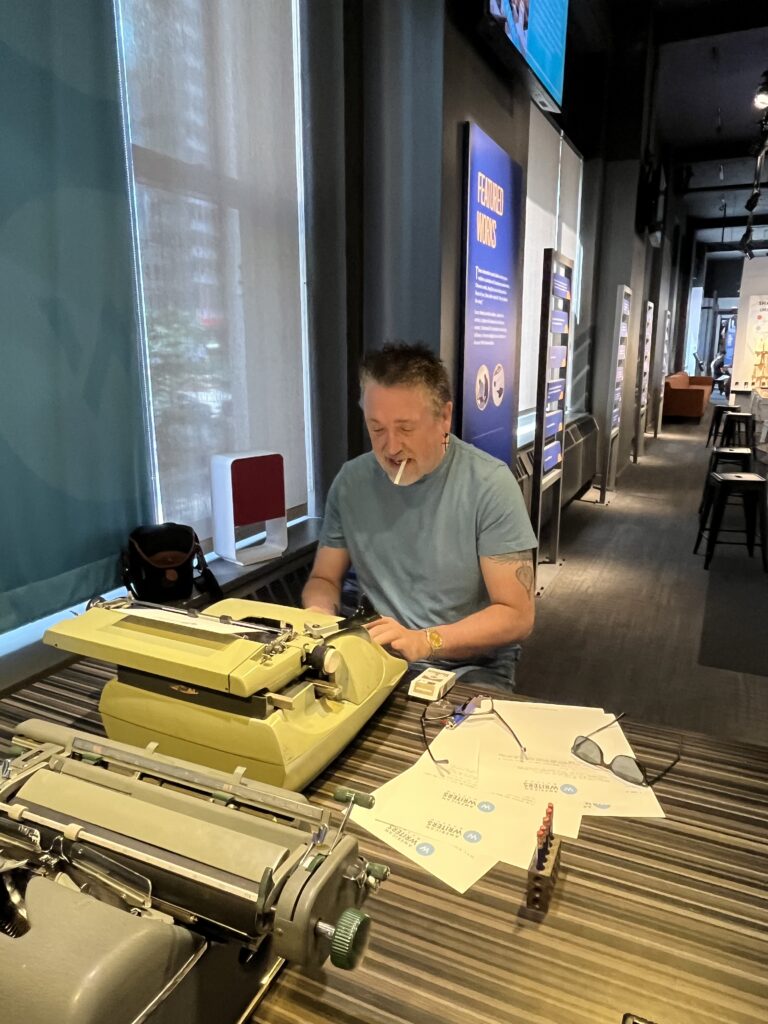
1. Share this story with a friend and leave a comment.

2. Tip me! I need your support!
3. Become a Members Only Patreon! In the Patreon I will have unfiltered rants, exclusive content, free PDF copies of the upcoming quarterly magazine, and more.
4. Go to our store and buy the print magazine! It is art, news, and nostalgia that matters!
Thank you for your support and taking the time to read this.
Stay Totally Awesome! Stay true to you!
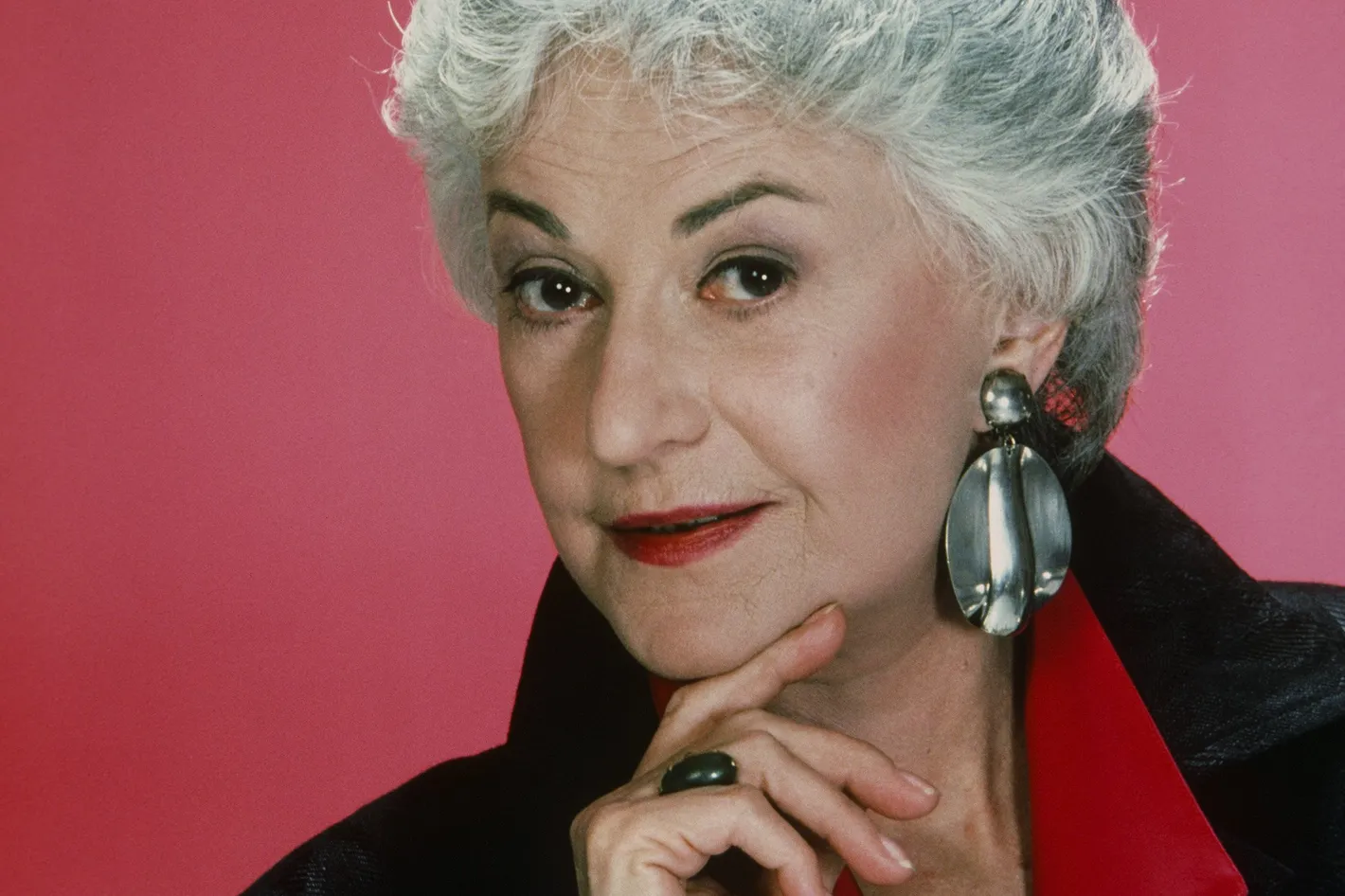
Leave a Reply